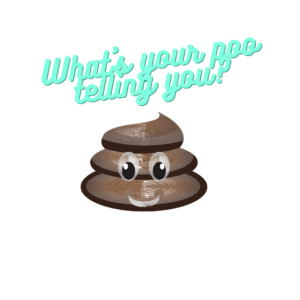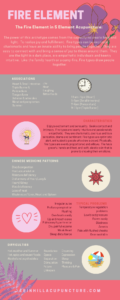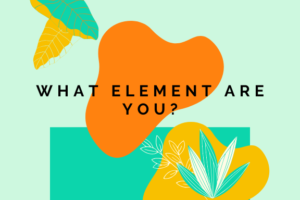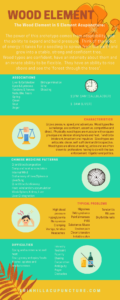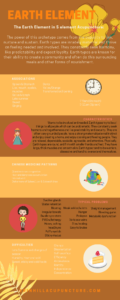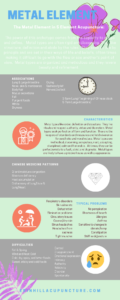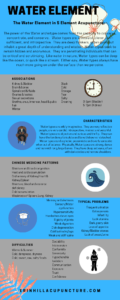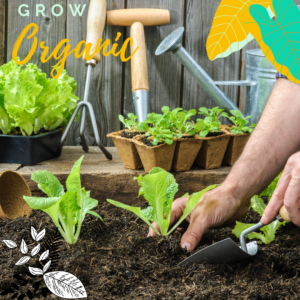7 Ways An Alkaline Diet Can Benefit You
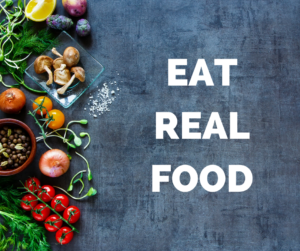
The premise of an alkaline diet is that the nutrients found in supplements, alkalizing foods, and water can bring your body back to balance. These vitamins, minerals, and herbs infuse the body with new energy, vitality, and better health. If you have a low (acidic) pH, generally due to diets high in sugar, processed, fast, and trans-fatty foods, you lose the ability to absorb all these nutrients and the environment is set up to support bacteria, viruses, and parasites.
Alkaline foods and water provide the body with the nutrients it needs to neutralize acids and toxins in the blood, lymph, tissues, and cells.
When the pH balance inside the body is ‘out of balance’ the body tries to correct that sensitive pH balance. That process can show up as uncomfortable symptoms, including colds, flues, allergies, other diseases, viruses, parasites, and bacteria.
When the pH level in our body is unbalanced, almost any area of the body can be affected. For example, when the nervous system is affected as the result of an unbalanced pH balance it can show up in the form of depression or anxiety. When the cardiovascular system is affected, we could have heart disease or experience other heart-related problems, including thickening and hardening of the arteries, coronary heart disease, pain or discomfort in the chest, stroke, high blood pressure, and heart failure. When muscles are affected, it can show up as fatigue and lack of energy. When skin is affected, it can show up as dermatitis or aged skin.
So, what’s it look like when our pH is in balance? The body comes into a state of homeostasis, where we can be at our ideal weight, we feel energized, happy, sleep well and all the good things fall into place. In addition, your body has a better fighting chance at bacteria, parasites, and viruses that attempt to take up space.
What does a transition to a more alkaline healthy diet require? This requires some education and a shift in attitude towards food. The important point to remember is that small changes go a long way. Adding more alkaline foods to your diet gradually over time makes it easy and the more you add in, the better you feel and the more you want to continue.
7 Sure-fire ways to make alkaline diet benefit you:
1) Reduce SUGAR consumption and products made from sugar. This includes soda, pies, ice cream, jello, jams & jellies, artificial juices, puddings, doughnuts, corn syrups, chewing gum, sweetened drinks, cookies, breakfast cereals, liqueurs, mixed drinks…. pretty much anything processed or in a box/container. Sugar is a sneaky ingredient, so get used to checking your labels. *Stevia and monk fruit sweetener are my go tos*
2) Avoid processed foods and condiments including ketchup, salad dressings, pickles, lunch meats, canned fruits, bread, relish, cheese dips, peanut butter, prepared seafood, frozen vegetables, crackers, canned soups, hot dogs, sausages, sweetened yogurt. Again, always check your ingredients list – nowadays, you can find sugar free, ketchup and salad dressings etc.. Shop smart, read labels and know what you are buying. Quality trumps price any day – your health is probably the most important thing you’ve got going – so respect it and feed it healthy fuel.
3) Avoid cooking and heating foods and drinks in the microwave. Just throw your microwave out, is my advice… use a cooktop – it literally takes a minute longer and you don’t add radiation to your food and your environment.
4) Avoid dairy, meats, fried and fast foods.
5) Increase your consumption of vegetables and fresh fruits (without sugar). You should include vegetables in every meal. If your breakfast is so small that you only eat toast or cereal, stop eating toast and cereal, and eat fresh fruits or vegetable juices or smoothies instead (making your own is best). If your lunches usually consist of sandwiches try to substitute it with a salad, a vegetable juice or just swap the bread for a lettuce wrap. Have a large salad before you eat a heavy entree at dinner. This way, you will be sure to eat all of the salad instead of finding yourself too full to finish it. Add more real food – bottom line. If you make a better decision each time you start eating – you generally keep up the healthy habit and don’t crave all those things that aren’t healthy (like sugar or breads).
6) Shop around the edges of the store. Skip the inner aisles, the boxed and packaged foods, you don’t need them, the ‘real’ food is found around the edges. If you’re not sure if it’s a ‘real food’, think primitive… can this food be hunted, fished or grown, then it’s real food. Shop your local farmer’s markets and get the seasonal stuff from your neck of the woods. Sign up for a CSA – these are everywhere nowadays and a win-win. Support local farmers/businesses and get the most nutrient-dense foods nature makes.
7) Don’t forget to hydrate. Drink at least half of your body weight in ounces of good quality water each day. Add liquid minerals to increase the quality of water. This is especially important during the summer months and if you are active. You need to replenish your electrolytes or your body will literally NOT absorb the hydration and you will have headaches, maybe migraines, muscle cramping, and possibly restless leg syndrome.
Follow these easy steps to creating a more alkaline environment in your body, and I promise you will feel better if not great!
Creating the proper alkaline balance within your body will bring you increased quality of life. You’ll start seeing immediate improvements in your health. Your energy will increase, your concentration will be stronger. You’ll build strength, stamina, and resistance to diseases. Your entire body will function more efficiently just like it was meant to do.
What are you waiting for! Till next time ~

